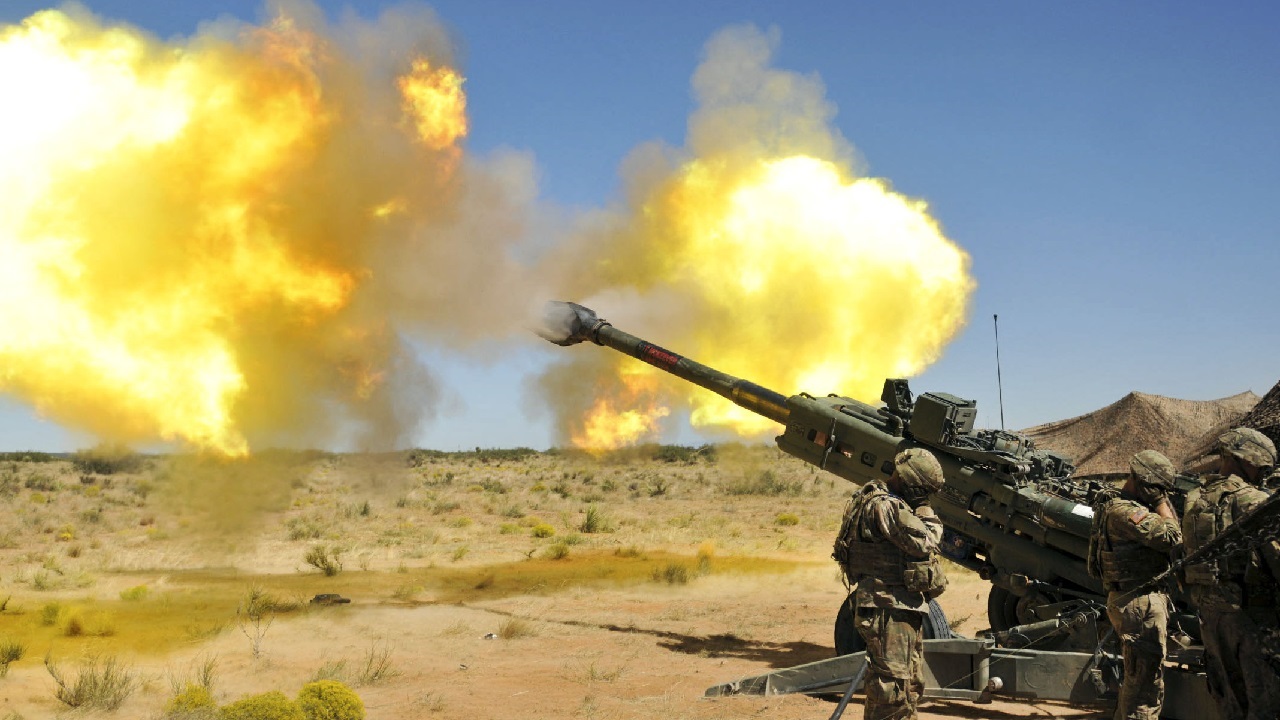On day 161 of the Russian invasion of Ukraine, the Russian military is still looking for that elusive breakthrough in the Donbas that looks more unlikely with each passing day as Moscow is relocating forces to counter the ongoing Ukrainian counteroffensive in the direction of Kherson in the south.
Russian Casualties
The Russian military continues to suffer heavy casualties in Ukraine, and with inadequate reinforcements coming, the Russian forces seem unlikely to be able to conduct successful large-scale offensive operations of the kind that are necessary to prevail in a major conventional conflict.
The Ukrainian Ministry of Defense claimed that as of Wednesday, Ukrainian forces have killed approximately 41,350 Russian troops (and wounded approximately thrice that number), destroyed 223 fighter, attack, and transport jets, 191 attack and transport helicopters, 1,774 tanks, 939 artillery pieces, 4,022 armored personnel carriers and infantry fighting vehicles, 259 Multiple Launch Rocket Systems (MLRS), 15 boats and cutters, 2,922 vehicles and fuel tanks, 118 anti-aircraft batteries, 740 tactical unmanned aerial systems, 83 special equipment platforms, such as bridging vehicles, and four mobile Iskander ballistic missile systems, and 180 cruise missiles shot down by the Ukrainian air defenses.
There Goes My Ammunition
In its daily estimate of the war, the British Ministry of Defense focused on the situation in Kherson, where the Ukrainian military is setting up the conditions for retaking the city. For the past three weeks or so, the Ukrainian military has been using long-range fires, most notably the High Mobility Artillery Rocket System (HIMARS) and M270 Multiple Launch Rocket System (MLRS), to take Russian ammunition depots, logistical hubs, command and control posts, and lines of supply and communications in anticipation for an assault toward Kherson.
The latest victim of the Ukrainian long-range fires was a Russian ammunition train heading to Kherson. Alongside the train, the Ukrainian long-range fires took out the railway that links Kherson with Crimea.
“As a result of a Ukrainian strike against a Russian ammunition train in Kherson oblast, southern Ukraine, it is highly unlikely the rail link connecting Kherson with Crimea remains operational,” the British Military Intelligence assessed.
“Russian forces are likely to repair the railway line within a few days, although it will remain a vulnerability for Russia forces and their logistical resupply route from Crimea into Kherson,” the British Ministry of Defense stated.
“Russia has promoted the ferry crossing recently established to replace the damaged Antonovsky Bridge over the Dnipro river in Kherson as for civilian use, however Russian military forces will almost certainly utilise it for troop movements and logistical resupply,” the British Ministry of Defense added.
“It is likely that we will see an increase in civilians attempting to flee Kherson and the surrounding area as hostilities continue and food shortages worsen. This will create pressure on transport nodes and routes, likely resulting in measures to control movement being implemented,” the British Military Intelligence assessed.
Global Food Insecurity From Moscow with Love
Earlier this week, the first Ukrainian cargo ship carrying grain left Odesa, Ukraine’s third largest city and biggest port.
“We obviously welcome this important step, and we hope to see more ships depart in the coming days to travel onward to world markets with agricultural products such as grain, wheat, sunflower oil, and corn. The ship that left today had something like 26,000 tons of corn,” National Security Council Coordinator for Strategic Communications John Kirby said in a press briefing earlier this week.
More than 400 million people around the world depend on Ukrainian agricultural products, and the Russian invasion and subsequent blockade of Ukrainian ports have caused a global food insecurity, and threaten many nations, especially in the Middle East and Africa, with severe food shortages or even famine.
However, it remains to be seen if Moscow will keep its end of the bargain and allow more Ukrainian cargo ships to leave the Black Sea.
“Russia has, of course, weaponized food and has effectively blockaded Ukraine’s ports since the beginning of this crisis. And we urge Russia to meet its commitments under this new arrangement, including by facilitating unimpeded exports of agricultural products from Black Sea ports in order to ease the food insecurity around the world. So we’re going to be watching that closely,” Kirby added.
1945’s New Defense and National Security Columnist, Stavros Atlamazoglou is a seasoned defense journalist specializing in special operations, a Hellenic Army veteran (national service with the 575th Marine Battalion and Army HQ), and a Johns Hopkins University graduate. His work has been featured in Business Insider, Sandboxx, and SOFREP.

